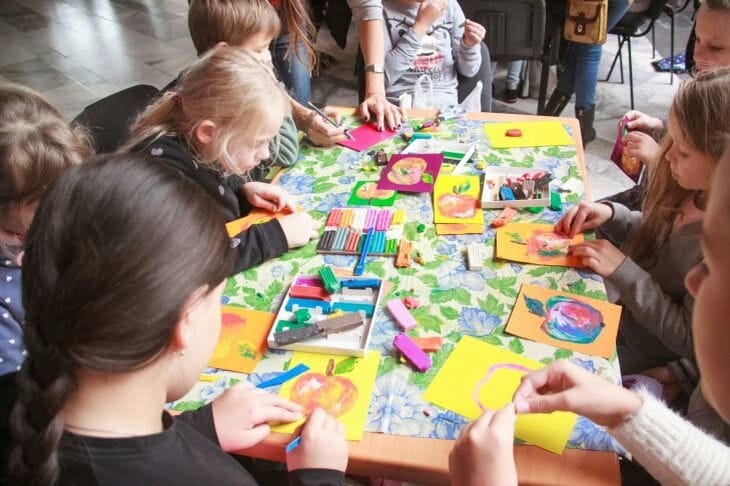Organizing an exciting quest for children is easier than it seems. All you need is an hour of preparation, imagination and a couple of improvised means.
The first thing to do is to decide on the audience. For children under eight, tasks with movement are suitable: searching for toys in the sand, throwing a ball at a target, or assembling puzzles for speed.
Older children will appreciate puzzles, codes and logic problems.

If there are more than eight participants, divide them into teams – this way everyone will feel like an important link. The main thing is to avoid competition: everyone should receive prizes and positive emotions.
The location dictates the rules. In the park, it's easy to organize a relay race with balloons, and in an apartment, you can hide clues among books or furniture.
For active games, it is better to choose an open space, and for intellectual battles, even a small room will do.
The choice of format depends on the possibilities. You can create an atmosphere of pirate voyage with a cardboard chest and “gold” coins made of foil or limit yourself to paper notes hidden under cups. It is important that the props do not take much time and effort.
Popular scenarios include a linear quest. Children receive the first clue, which leads to the second, and so on until the final prize.
For example, the note “cold place” will lead to the refrigerator, where the next task will be found. This option is ideal for beginners.
Another option is to collect disparate elements. For example, cut the map into pieces and hide them in different places. Each find is accompanied by a riddle: “Look where it ticks” (the clock) or “The Kingdom of Sweet Dreams” (the bed).
Ciphers add excitement. Write a clue in mirror text or replace letters with symbols. Children decipher the message using clues: “Round and shiny” (mirror) or “Buzzing, but not a bee” (microwave).
The finale should surprise. Hide the prizes in an unobvious place: a box under the sofa, an old suitcase on the mezzanine or in a garden wheelbarrow. Wrap the surprises brightly – even small gifts in shiny paper will cause delight.
Remember: the success of a quest is in the details. A hidden clue under a flower pot, a riddle about a favorite character, or a “secret” passage through a tunnel of chairs will turn an ordinary day into a story that children will remember for a long time.
And the parents will only have to smile, looking at their delighted eyes.
Read also
- What Happens If You Never Punish Your Children? The Results Will Surprise You
- Abdominal pain in a child: when to call an ambulance







